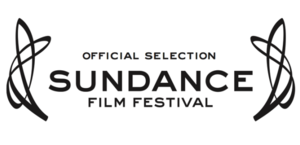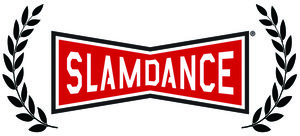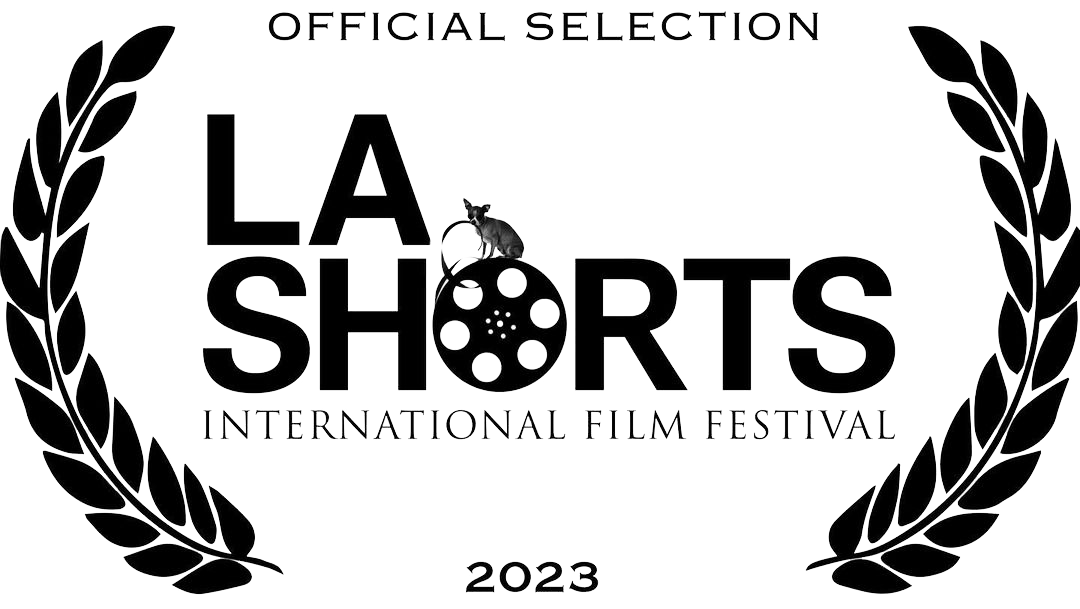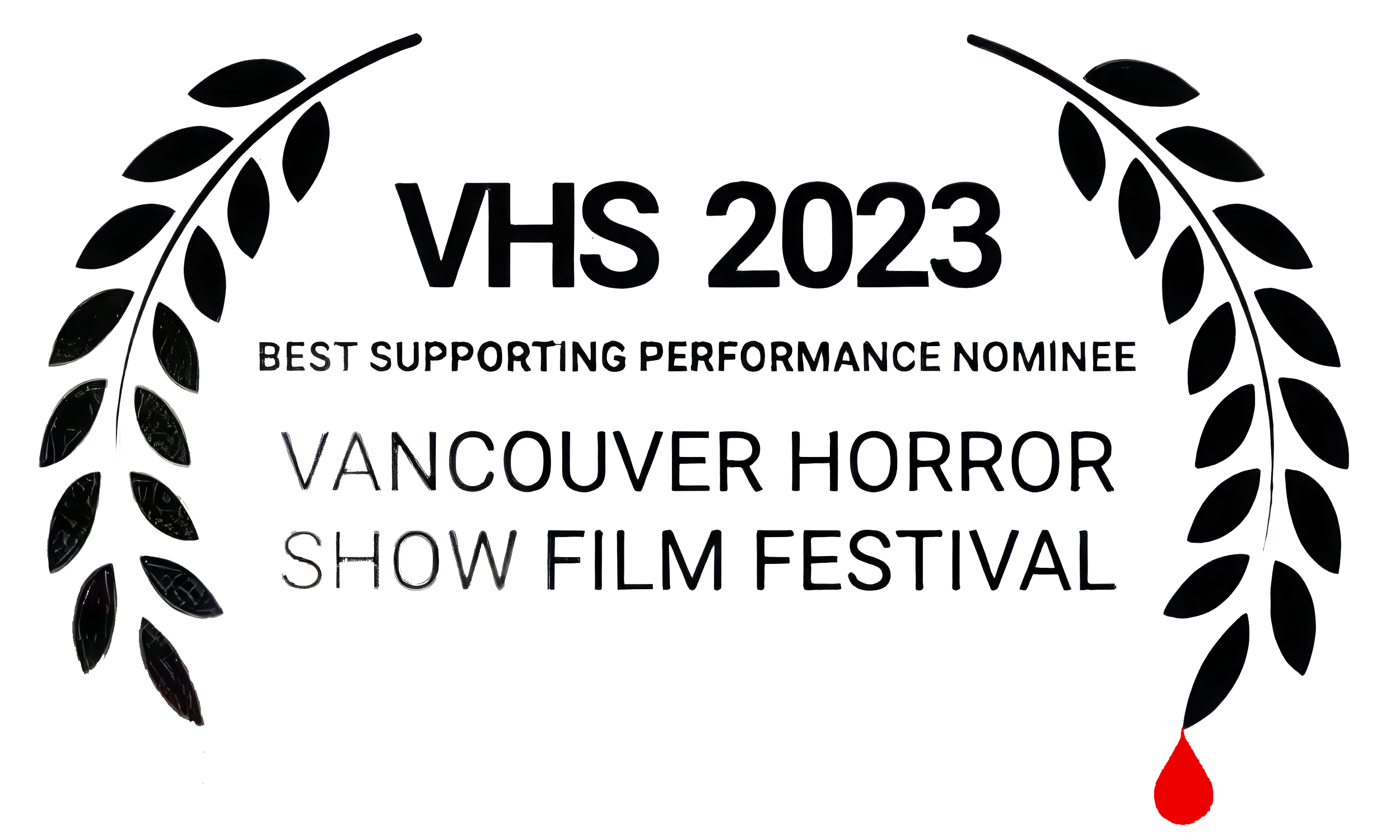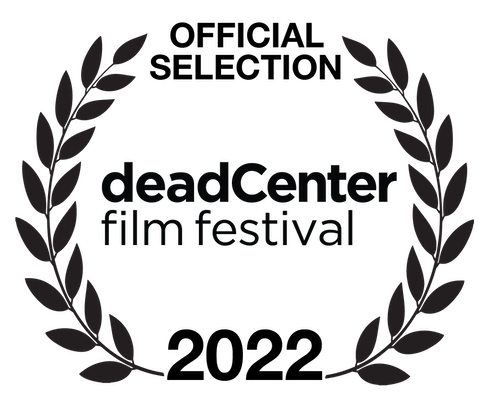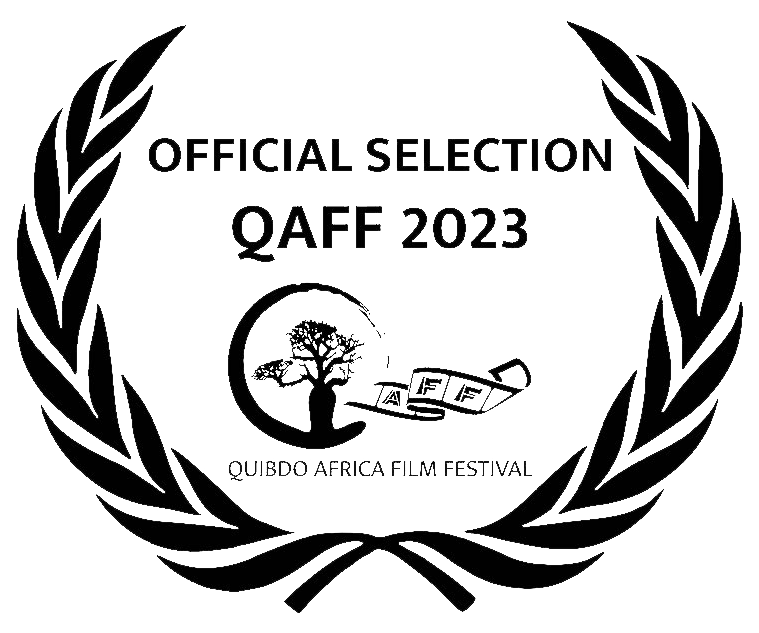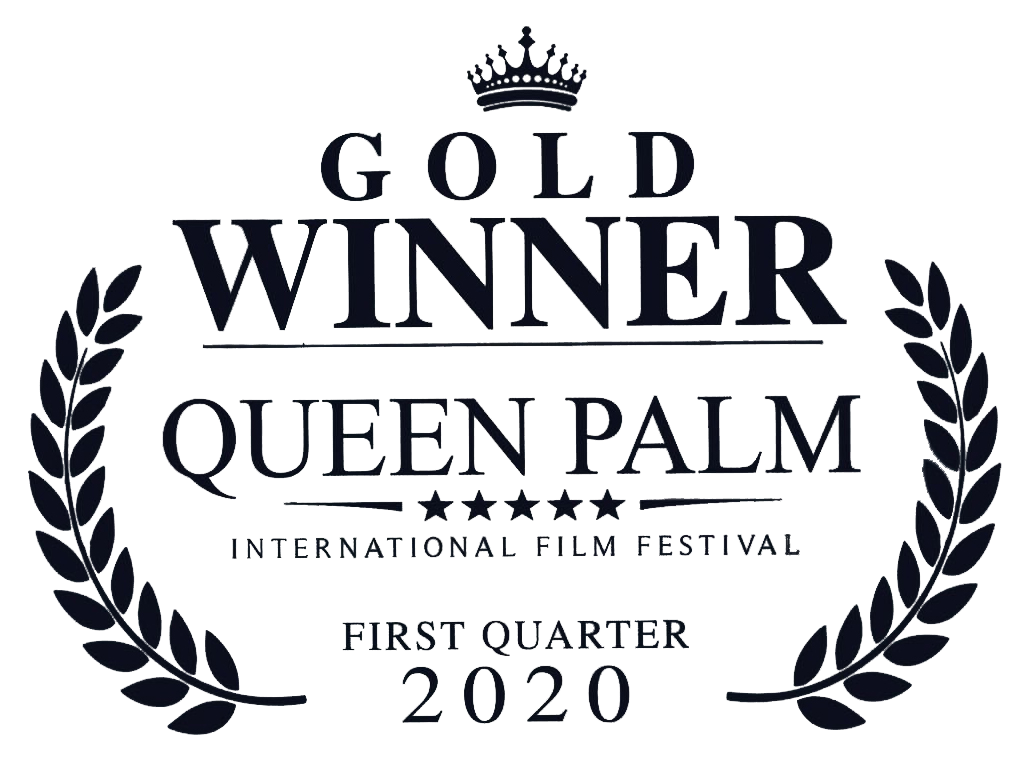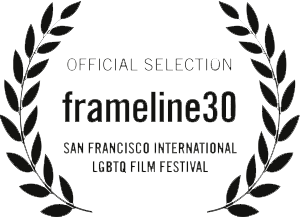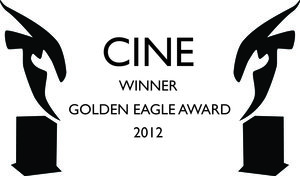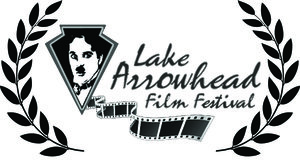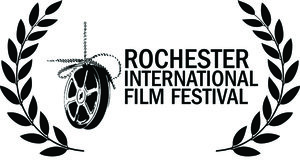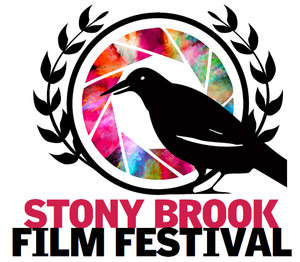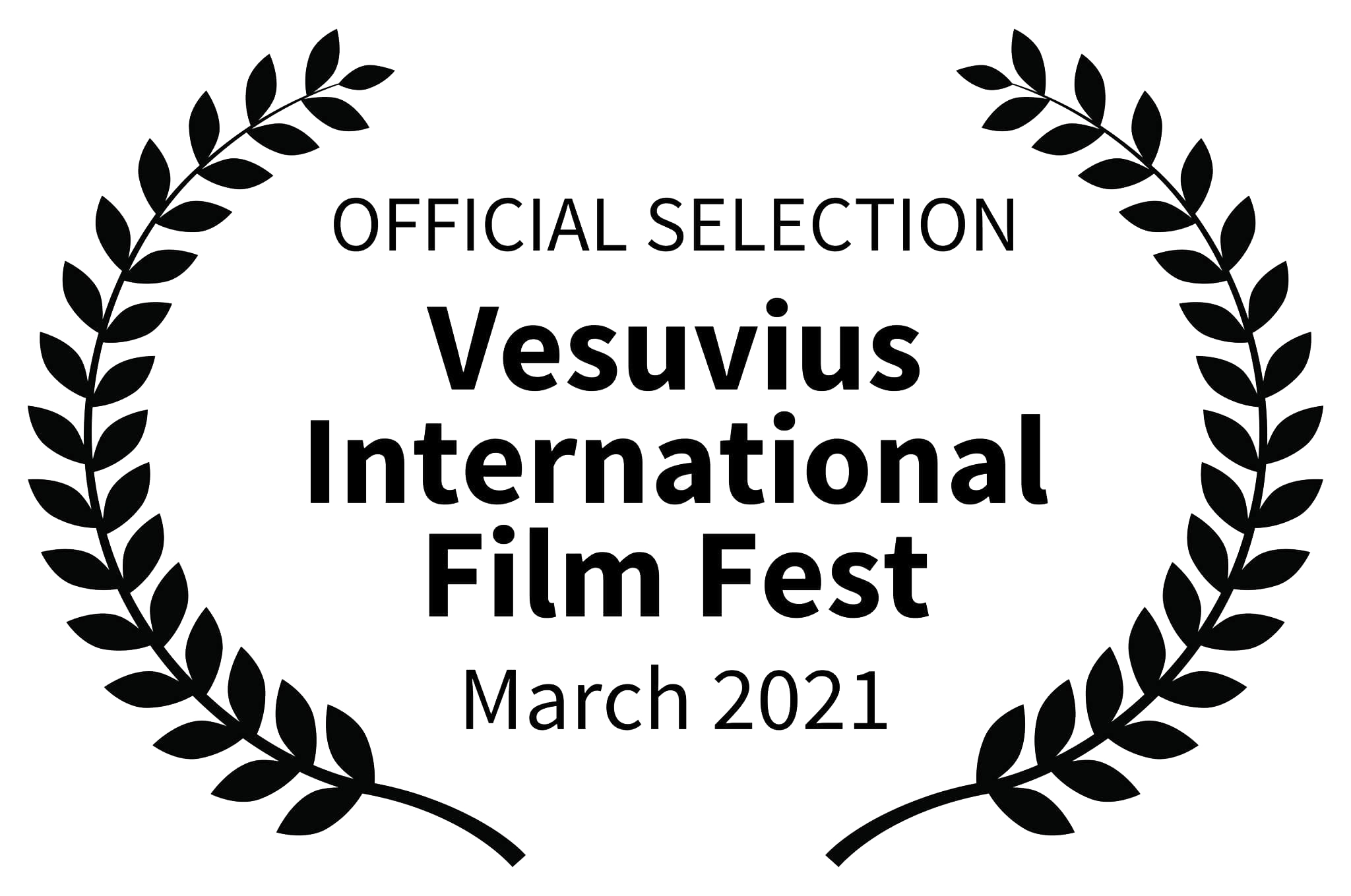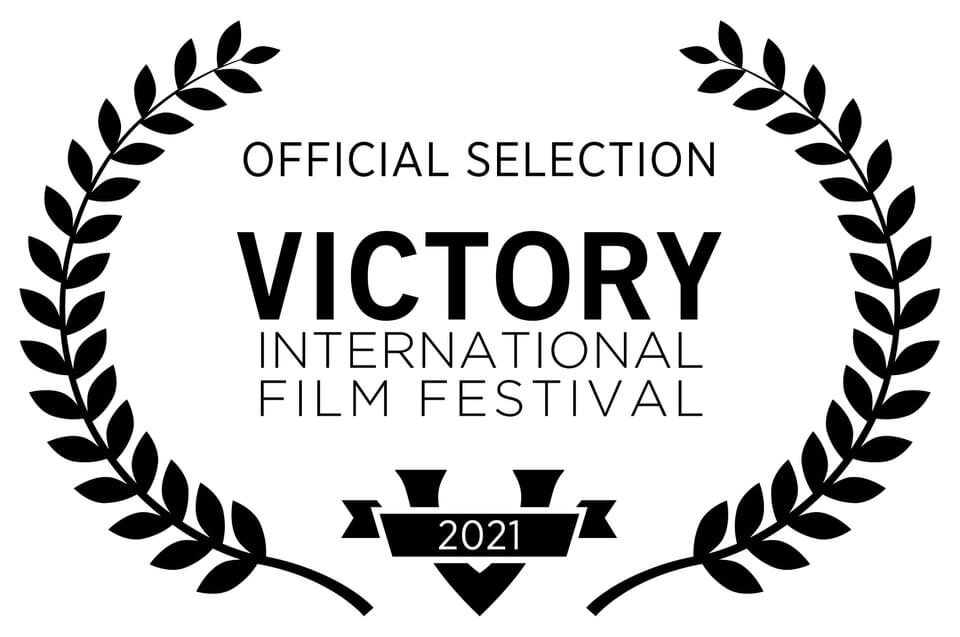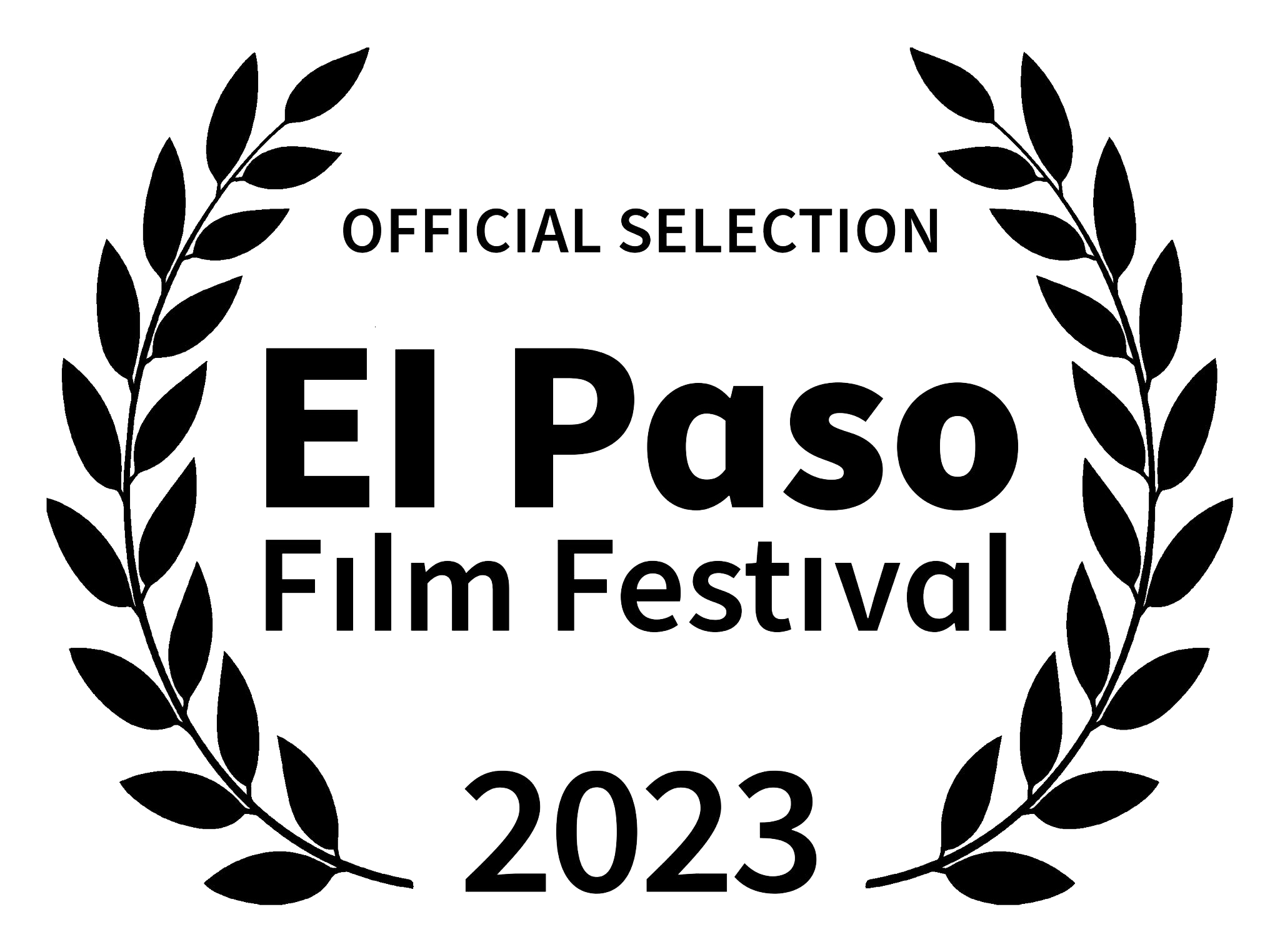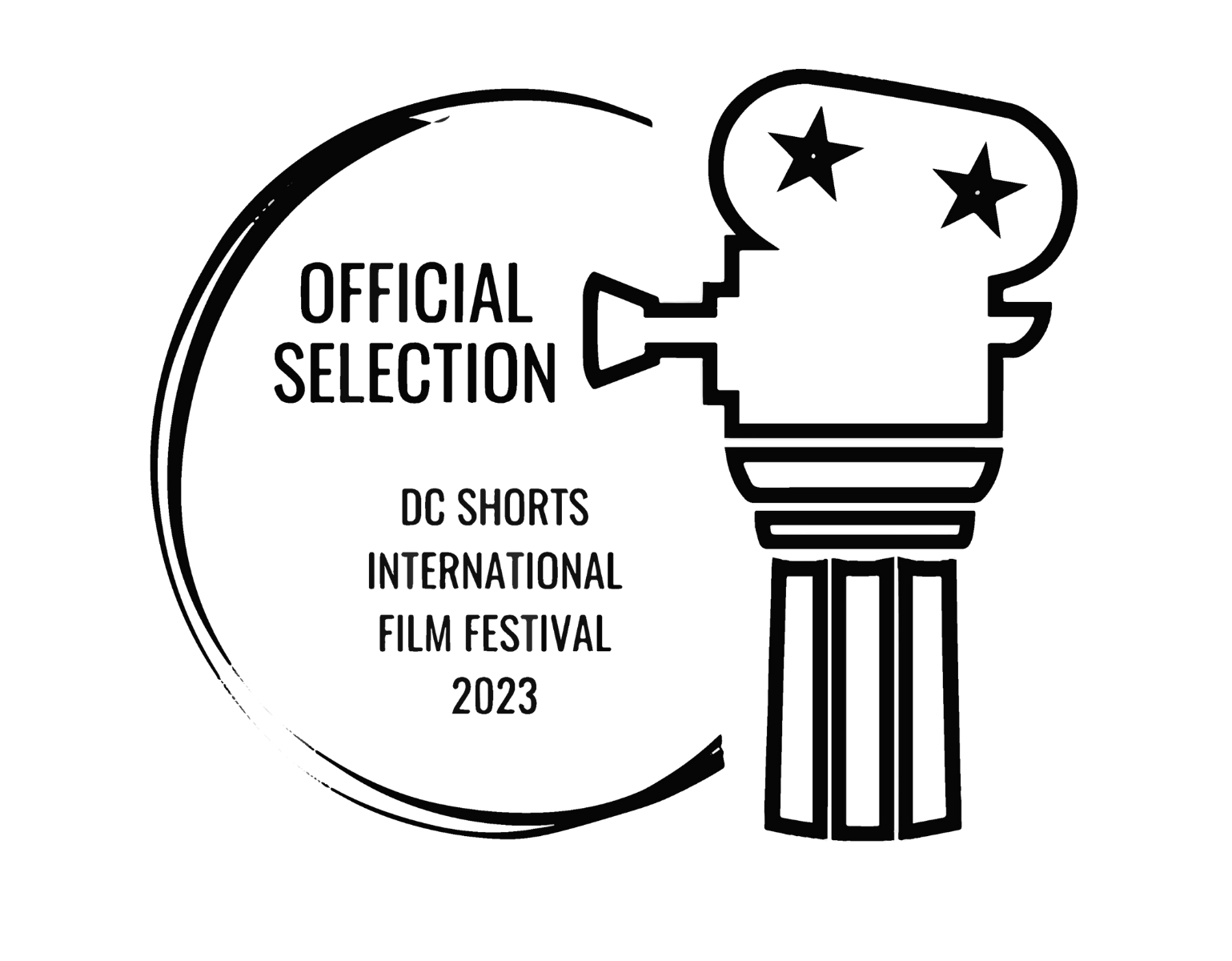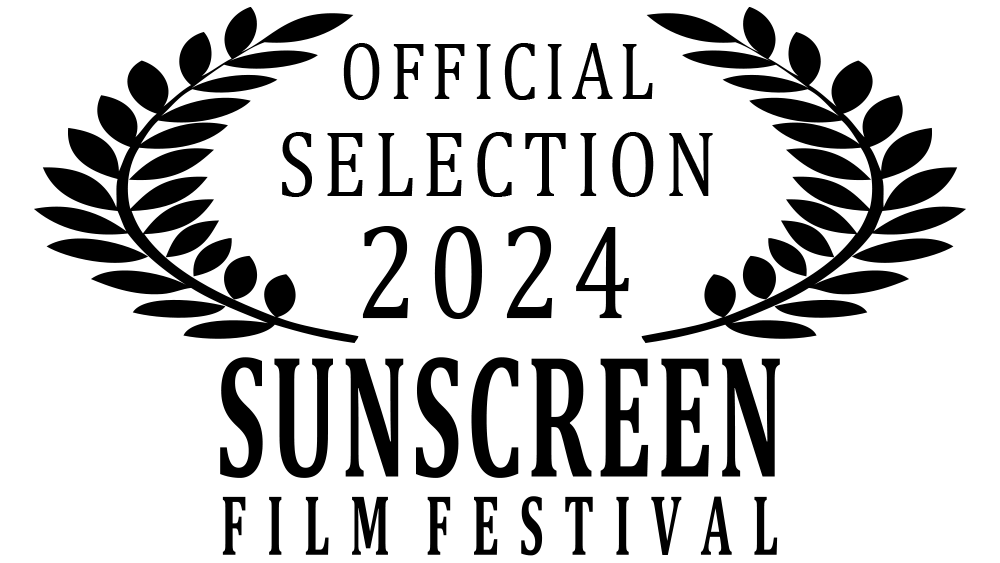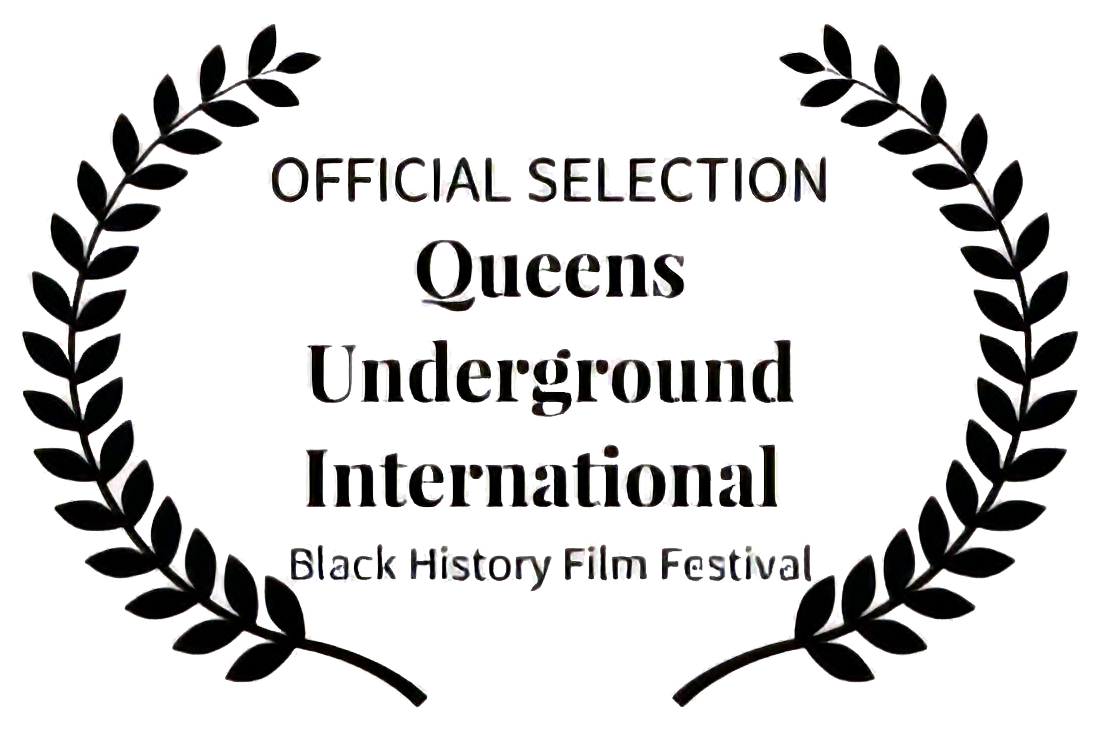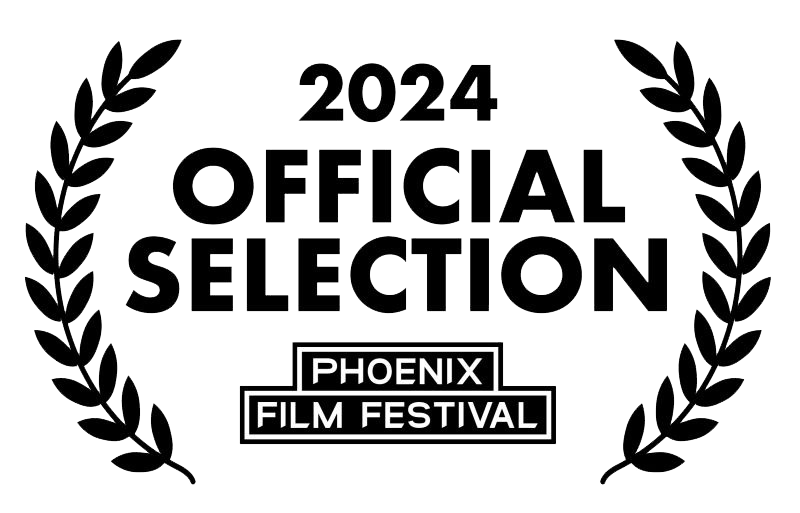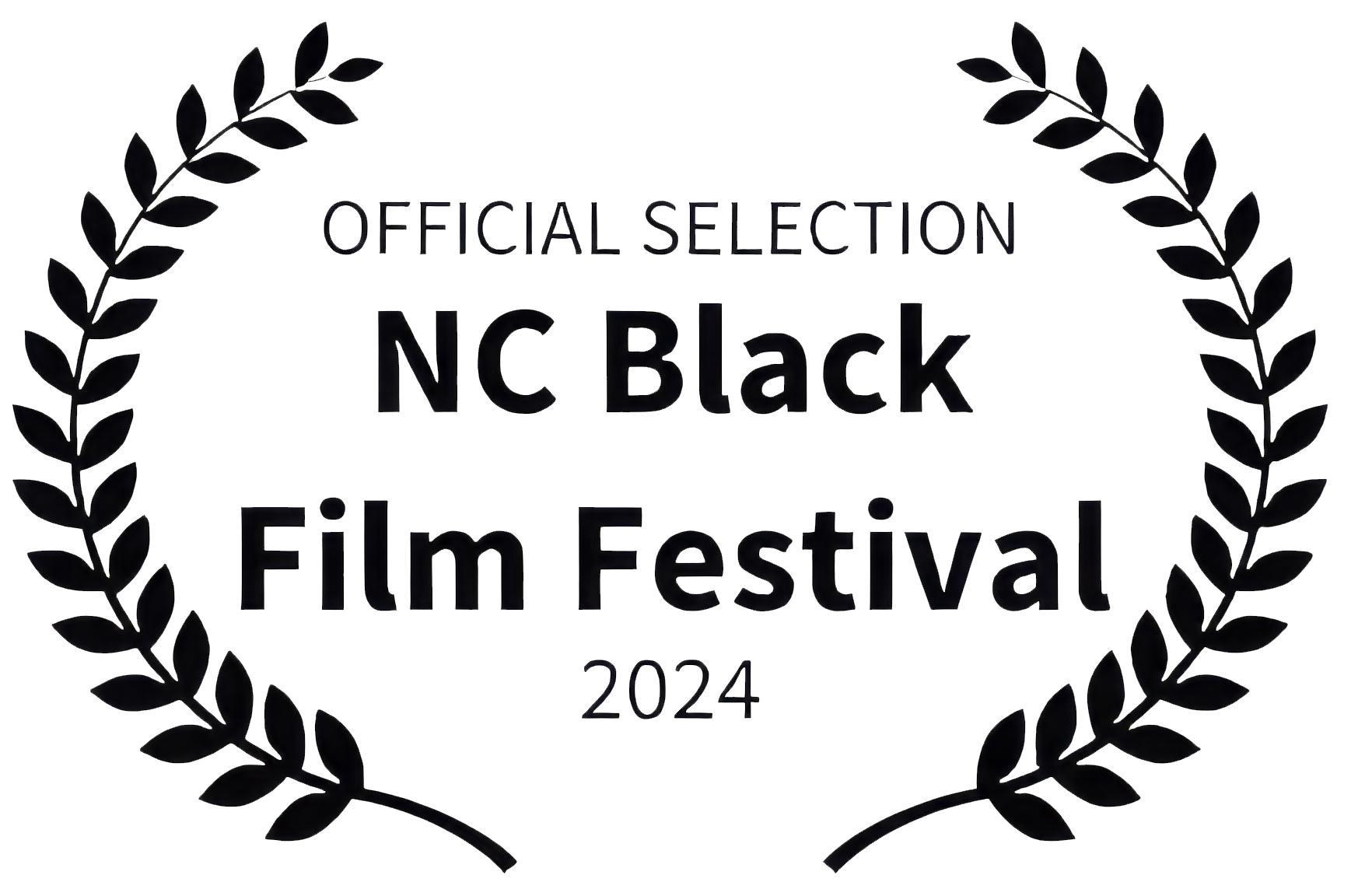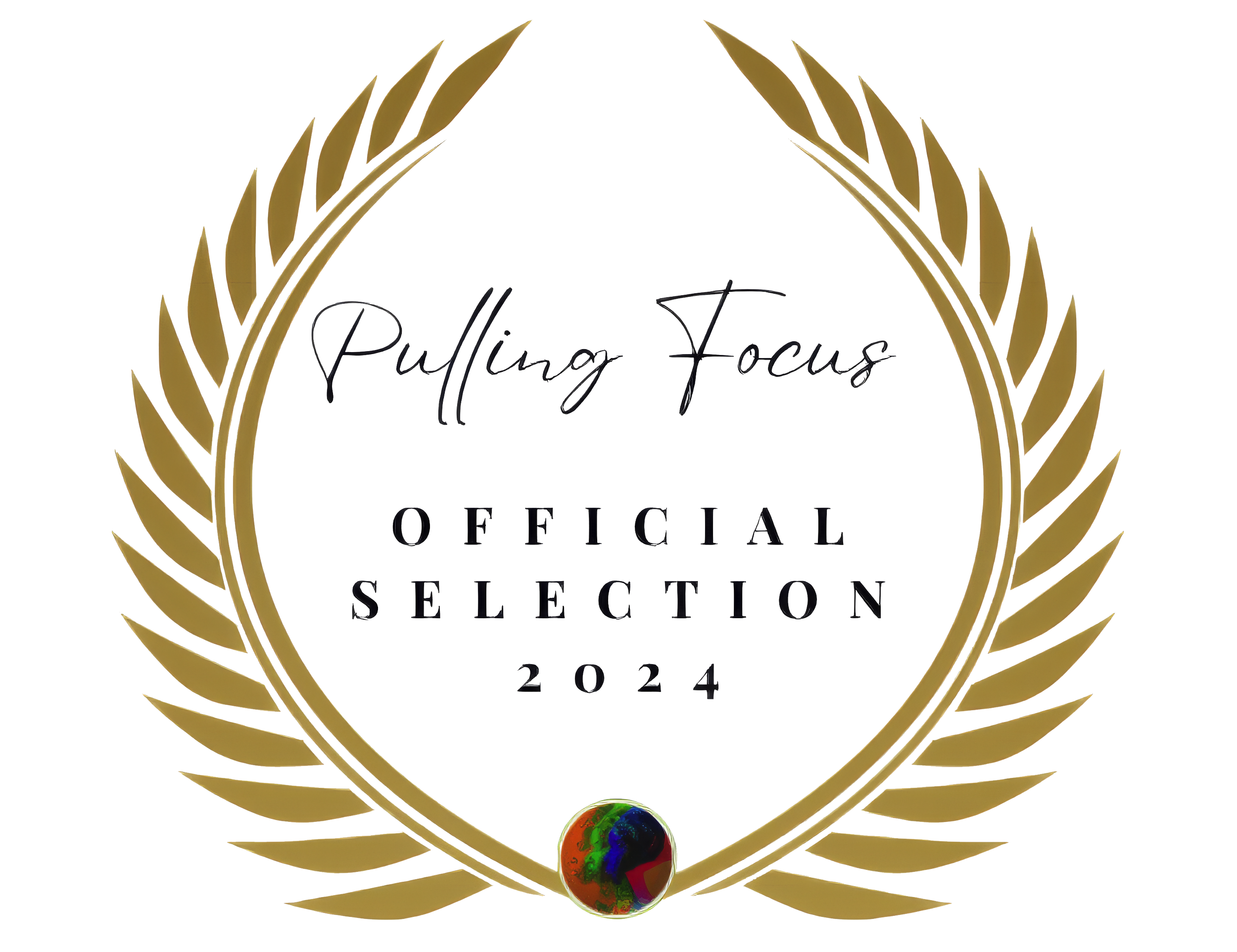What’s a Score Worth?
/In the year 2015, here’s the value of a score: not even zero.
All too often, composers are not only asked to write music for no up-front money… they’re also expected to surrender a chunk of their royalties (whether to a network, a music library company, or even to an individual producer—!) in the form of shared cue sheet credit. In network TV this has long been the case with “publisher’s share” royalties, but here I’m referring to the other half: the “writer’s share.”
Once sacrosanct, the writer’s share is now becoming just one more item to be negotiated for the “privilege” and “opportunity” of having one’s music attached to a particular project. We’re paying to work.
So. How did this happen?
First, there are waaaaaaaay too many composers entering the business. More schools than ever have media music composition programs. And for some reason, students are still signing up. The cost of entering the career has never been lower—$5,000 in hardware and software gets you legitimately in the game now, where a generation ago you needed 10–20 times that amount to compete. As a result, there’s a surplus… a composer glut in Los Angeles (and New York and London and Vancouver and Toronto and anywhere else people are creating content).
Combine this with a lack of collective bargaining power—we composers are just about the only major position on a TV or film production that isn’t represented by a union or a guild—and we’ve undercut ourselves to the point where it’s nearly impossible to survive long enough in this career long enough to advance (and by “advance” I mean “achieve an actual paying gig”).
Also, everyone’s music sounds the same. We’re all using the same sample libraries and drum loops. We all listen to (and are inspired by) the same scores; we’re all faced with the same 50-60 go-to temp cues that most editors throw against picture.
Finally, when we are lucky enough to get work, we’re stuck in our studios working insane deadlines. We composers tend to hole up in our studios for days or weeks on end, emerging only to answer the door for Thai food delivery or the pizza guy. That means we’re not expanding our networks or deepening our relationships with filmmakers.
Several of these problems are systemic, and perhaps beyond any individual’s power to control. Here are three things, though, that you can do that will help you establish a real, growing value for your work.
Nurture your filmmaker network—broadening and deepening the connections to people who have the power to hire you and pay you. Friends don’t screw other friends over money. Therefore, if your director or producer is a friend of yours, you’re in the best possible position to be compensated reasonably for your contribution. Make it a priority, equally important with keeping your gear running, or maintaining good physical health. It’s as simple as that.
Make your music indispensable. If you’re the guy who makes music with nothing but dog barks, then you’ll get the call every time someone needs dog-bark music. It’s true that the value of music—in the abstract, as a widget—is zero or less these days. But that doesn’t have to be true of your music. You can create a need, as Danny Elfman put it, for the musical identity you personify. Originality and effectiveness are the two critical words here, with originality being by far the more difficult of the two to develop (if you’re not born as someone who simply “hears it differently,” you’d better keep that a secret and start faking it).
Get the word out. Record labels have always been good at this—wielding the biggest, loudest bullhorns on the block in order to cut through the noise of independent artists. Now, though, it’s possible for anyone to be their own publicity machine. And it’s life-or-death for your career that you do so. If this is something you hate to the point of ineffectiveness, or if it’s something you just can’t be bothered to do, hire a professional to do it for you. It’s that important. Otherwise you’re far more likely to be buried amidst the throng.
Bottom line: the value of music, in the abstract, as a widget, is zero. Or less. The value of your music, on the other hand, is something over which you have more control than you think. By creating a need, trumpeting your product to anyone who will listen, and then treating those who do listen like gold, you put yourself in the best possible position to be recognized—and, eventually, compensated—for that thing you do that no one else can do.



